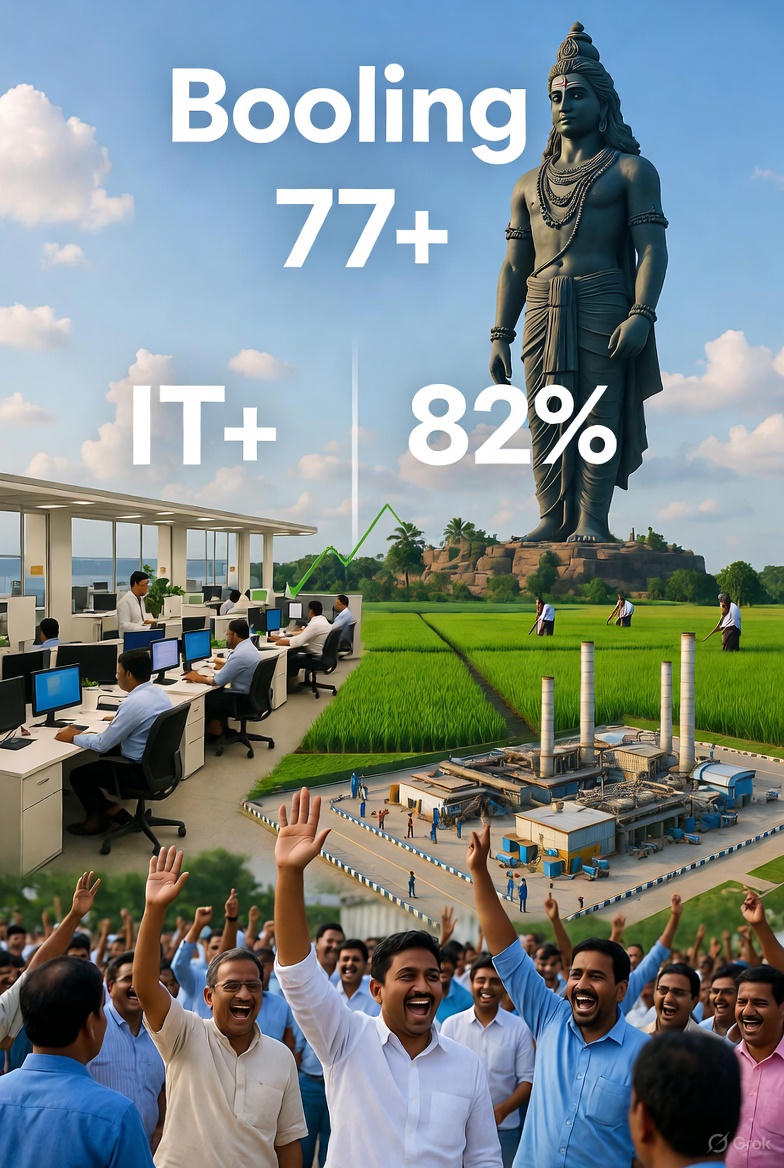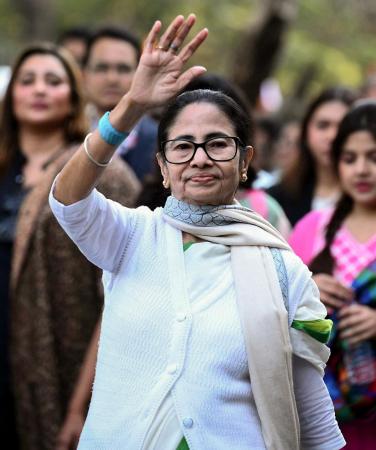Digital Politics: Unraveling the Hidden Dynamics of Online Campaigns
In today’s hyper-connected world, digital platforms have transformed the political landscape, making it both exciting and challenging for voters. Recent trends reveal that political campaigns are spending astronomical amounts on online advertisements—almost ten times more than in past election cycles. This surge has led to an overwhelming influx of information, complicating efforts to separate fact from fiction.
The New Era of Digital Campaigning
Modern political strategies have shifted significantly with the rise of digital media. Massive investments in online ads have flooded the digital space with content, often leaving voters struggling to decipher credible information from sensationalized narratives. The sheer volume of posts—ranging from brief, impactful statements by high-profile figures to rapid-fire news updates—has reshaped how political messages are delivered and consumed.
Algorithms: The Invisible Hand
At the heart of this transformation lies the algorithm. Designed to prioritize content that evokes strong emotions, these algorithms tend to amplify dramatic and negative posts over balanced, nuanced discussions. This bias can inadvertently fuel political polarization by reinforcing pre-existing beliefs within isolated digital bubbles. When voters are exposed predominantly to one-sided perspectives, it becomes harder to engage with diverse opinions and make fully informed decisions.
The Power of a Single Post
In the digital age, a single post can make a monumental impact. Whether it’s a bold statement from a controversial business leader or a dismissive remark from a prominent politician, these snippets of information can quickly shape public opinion. The ease with which these messages can spread means that even unverified claims can gain traction, influencing the wider political dialogue almost instantaneously.
From Policies to Personalities
A notable trend in online political discourse is the increasing focus on personalities rather than policy details. Digital platforms naturally favor content that draws attention—often elevating charismatic figures over those who might offer more substantive policy discussions. This shift risks reducing complex political debates to a matter of personal appeal, where the allure of a headline or a catchy phrase overshadows critical analysis of important issues.
The Echo Chamber Effect
Digital bubbles, where similar views are constantly echoed back to the user, have become a defining characteristic of online political communication. When algorithms curate content based on past interactions, they can inadvertently create isolated environments. In these echo chambers, repeated exposure to the same narratives can give undue credibility to information, making it harder for voters to recognize bias or seek out balanced viewpoints.
Global Lessons and Future Implications
Around the world, the impact of digital campaigning is becoming increasingly evident. From elections derailed by disinformation to sudden shifts in voter behavior driven by viral posts, the digital arena is proving to be both a powerful tool and a potential threat to democratic processes. For countries with systems like direct democracy, where citizens vote on a wide range of issues throughout the year, the influence of digital media is particularly pronounced.
While traditional media channels still play a vital role in shaping public opinion—often providing a more neutral perspective—the rising engagement of younger voters on digital platforms signals a potential shift in the political landscape. As more young people turn to online sources for their news, the challenge will be to balance dynamic, engaging content with reliable, fact-based reporting.
Navigating the Digital Political Future
Despite the challenges, there is room for optimism. Digital platforms offer unparalleled opportunities for direct political engagement, allowing citizens to communicate their opinions directly to leaders and organize grassroots movements. By harnessing these tools responsibly, there is potential to enhance democratic participation and ensure that diverse voices are heard.
As digital campaigning continues to evolve, finding the balance between sensationalism and substance will be key. Voters, political figures, and regulators alike must navigate this complex terrain, ensuring that the democratic process remains robust and that truth prevails in an era of rapid digital
Discover more from AMERICA NEWS WORLD
Subscribe to get the latest posts sent to your email.









































Leave a Reply